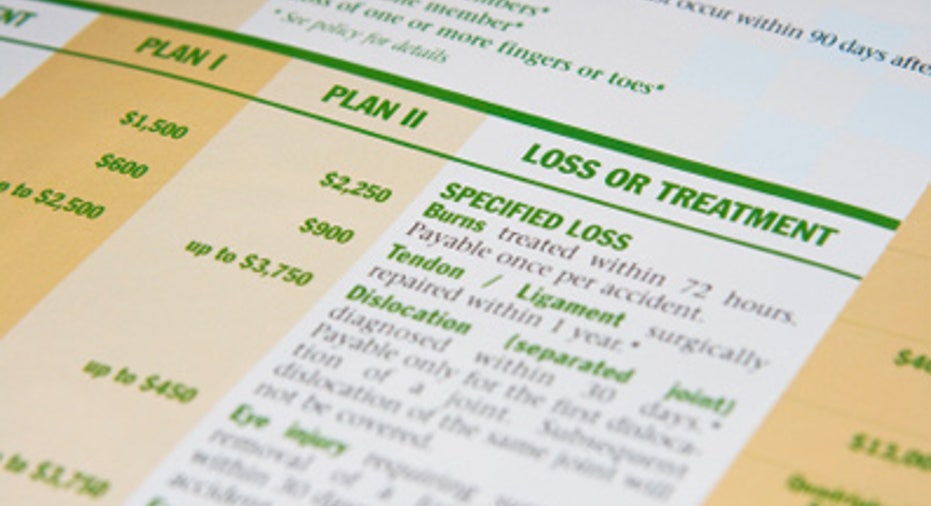Why You Should Treat Your Health Insurance Plan Like Your Stock Portfolio

For most of us, health insurance is something we think about once a year during open-enrollment season. But experts say this tactic can be costly, especially for patients billed incorrectly.
“Plans are getting incredibly complex,” says Joshua Greenberg, chairman and president of HealthCPA. “A lot of people look at insurance as just-in-case-something-goes-wrong and forget it’s a financial thing.”
Treating your health insurance plan like a financial portfolio can save you money from avoiding money-drainers like denied claims in addition to finding the most applicable plan—here’s how to do it:
Actually read the insurance plan. Yes, it’s dull, but it’s important to know every detail of a plan including the deductibles and out-of-pocket maximums. Greenberg says you need to read the fine print carefully to know under what circumstances you might be forced to pay more. For example, your out-of-pocket expenses will differ if you stay in network or go out of network for treatment.
Understand Your Paperwork. Even though they can be eye-glazing, it’s important to read every bill and compare what you or your carrier is being charged for with what treatment you received. Greenberg also advises consumers double check the information on the bill is correct including name, address, the doctor’s information and insurance provider.
Understand and verify charges. If you can’t understand a bill, Greenberg recommends requesting an itemized bill from the insurance provider. Once you get that itemized bill, verify each item and charge to ensure you received the service.
It’s also important to make sure your bill shows an adjustment for the contracted rate or insurance payments. If it’s not there, Greenberg says it means your insurance wasn’t applied to the bill, and you need to call the provider and insurance company immediately to make sure the claim is processed correctly.
Follow up. Don’t linger over any inaccuracies on a medical bill. Often times a billing mistake could be as simple as the wrong billing code being applied, but if you simply ignore it you may find yourself in a collections agency.
Greenberg advises being polite, but persistent, and to document all your phone calls. He’s says to write down the person you spoke with, date and time and to follow up until the issue is resolved.
If needed, ask for a payment plan. If you get hit with a bill you can’t afford, don’t ignore it, you have options. Some doctors and hospitals arrange for an interest-free payment plans. “Once the provider has allowed you to set up interest-free monthly payments, be sure to keep up your end of the arrangement and make these monthly payments on-time,” says Greenberg.



















